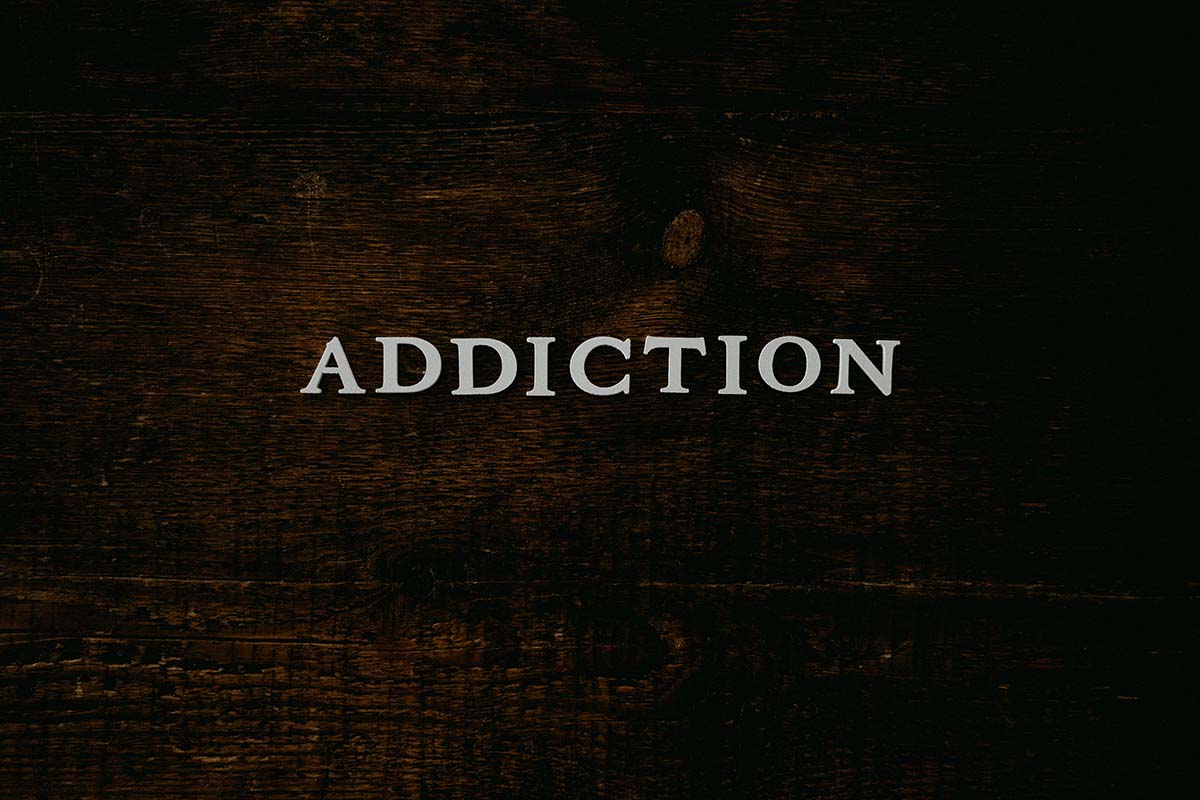5 Tips to Prevent Relapsing Back Into an Addiction
Whether you are looking to prevent yourself from relapsing from addiction or have already experienced a relapse, you must know what to do. Addictions are one of the most difficult things to fight, and while it is a mental challenge, sometimes, the physical challenge itself can be a significant challenge.
You need to know that the road to recovery is filled with a lot of hope. So, when it comes to fighting this addiction, more explicitly relapsing back into it, here is what you need to know.
Understand mental relapse
During the mental relapse stage, people tend to have conflicting thoughts about using and recovering. They may fantasize about using drugs or alcohol or plan to use others. To prevent relapse, it’s essential to know what to look for.
Some symptoms of mental degeneration include feeling the desire to use, fantasizing about using, planning to use others, and glamorizing the past. The most important thing to remember when preventing relapse is to take preventive actions before the symptoms appear.
There are many ways to prevent relapse, including medication, cognitive-behavioral therapy, and individual therapy. You can also practice mind-body relaxation to help you develop healthy coping skills and avoid triggers. You have to recognize the mental relapse or else you might spiral back into old habits.
Know that there is a physical relapse
Physical relapse is a frightening experience; your body will experience sensations that it never has before. You can avoid it with proper prevention and contingency plans. The best way to prevent relapse is to identify its signs early. If you are starting to feel like you are returning to your old lifestyle, get help. There are many resources available to you, such as https://mattexas.com. You can get help from a treatment center, a friend or family member, or even a support group.
Recognize the early warning signs
Whether you have a substance use disorder or are trying to recover, you will need to recognize the early warning signs to prevent relapse. It is important to know when you should seek help and how to get it. Relapse can take many forms, from a brief period of using drugs to an extended period of using drugs.
It can be very difficult to maintain sobriety after a relapse. The first stage of relapse can occur months before a person abuses again. This stage involves changes in attitudes, feelings, and behaviors. These changes are accompanied by a feeling of shame, guilt, or burnout.
Boost self-care after a relapse
Giving yourself a boost of self-care after a relapse to prevent a relapse into addiction is an essential part of recovery. When a person relapses, it can be an incredibly emotional time. There can be guilt, shame, and a sense of failure. In these moments, reaching out to friends and family is essential. It can also help to create a support group of people who can offer support and accountability.
Develop a relapse prevention plan
Developing a relapse prevention plan can be a helpful tool in preventing relapse after treatment. It helps you identify your triggers and then create a plan of attack to stop the relapse. The plan should address internal and external stressors. A plan needs to be implemented to help you avoid going back to bad habits.




















